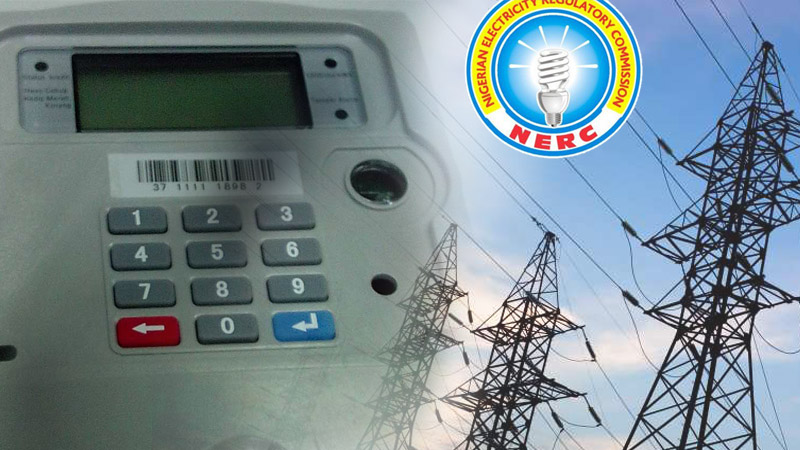
Mkpoikana Udoma
Port Harcourt — The Nigerian Electricity Regulatory Commission, NERC, has urged investors to tap into the country’s renewable energy potential to address the nation’s power deficit.
Speaking, NERC Commissioner, Legal, Licencing and Compliance, Dafe Akpeneye, highlighted the potential of renewable energy, particularly solar power, to reduce production costs and tariffs.
Akpeneye made the call recently while appearing as a panelist at the 18th Annual Business Law International Conference of the Nigerian Bar Association in Abuja, where he emphasized the need for increased energy capacity and a diversified energy mix.
Speaking on the topic, ‘Tackling the Power Deficit: Is Renewable Energy the Solution?’ the NERC Commissioner stated that there were two fundamental things to do towards driving energy sufficiency in Nigeria, which are the need for an enabling business environment to attract investors and heightened actions to promote renewables.
“The first of these is to ensure an increase in the energy capacity of Nigeria growing from the current average of 4,000 megawatts for a population of over 200 million. For instance, only Mumbai, a city in Maharashtra State in India uses between 3,500MW and 4,000MW of electricity while the entire Maharashtra was about 43,000MW in 2022.
“Investments to increase the energy capacity which requires the commitment of critical resources. These resources can only be brought in by investors.
“The improvement of the enabling business environment would allow investors to thrive. There is a need for an environment that would provide assurance for an investor that upon investment in the Nigerian Electricity Supply Industry, NESI, there will be a return on investment on that investment.”
Akpeneye also spoke about promoting energy mix by leveraging renewable energy as being promoted by NERC, stressing that investments in renewable energy, particularly solar power, can reduce production costs and lead to a drop in tariffs.
“Nigeria already uses gas which is costly and large hydropower that is cheaper to generate electricity. The integration of renewable energy, especially solar power that is becoming cheaper could diffuse the total energy production cost and could in the long run lead to a drop in tariff.”



